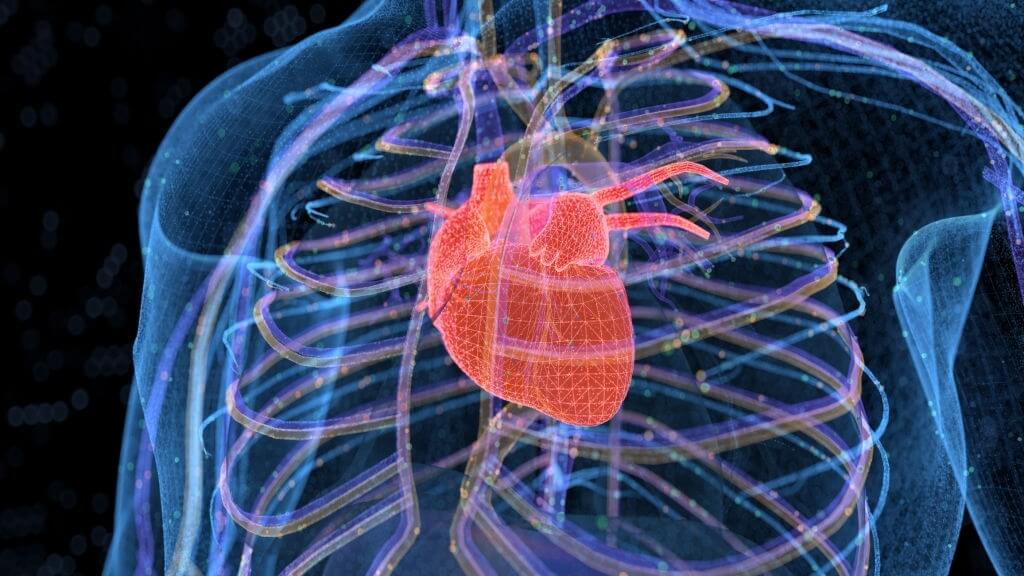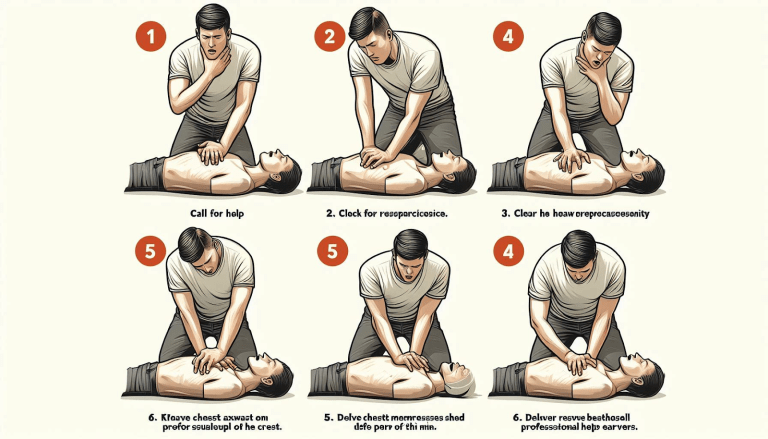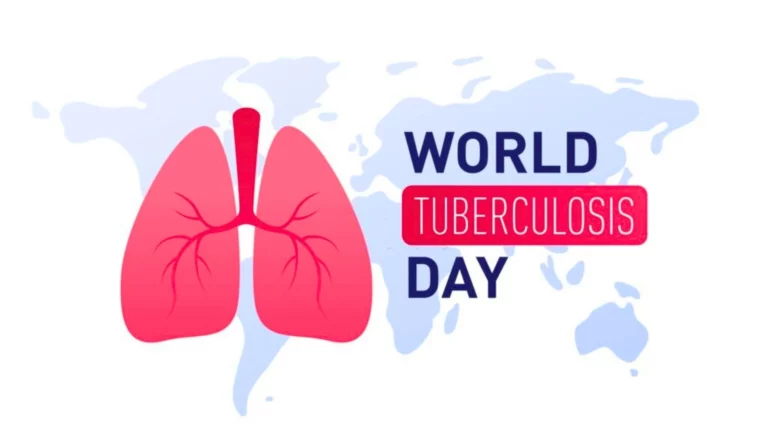What Is Obesity And Heart Muscles? The Heart Of The Matter!

HFpEF is the short form of preserved ejection fraction of heart muscles. It has been found in a recent study by a John Hopkins University team consisting of Dr. David Kass and team. The study entitled ‘Reduced Right Ventricular Sarcomere contractility in HFpEF with severe obesity, suggests that obesity leads to softening and thinning of heart muscles.
The study also observed that obesity makes muscle contraction much weaker in this type of heart failure. This was conventionally being treated with medicines that reduce the strength of muscle contraction.
What Is Obesity And Heart Muscles?
The study was continued by collecting a sample of heart muscle by the heart biopsy method. The study samples were drawn from people with a BMI (body mass index) of 30 and those with a BMI of 40.

Those with a BMI of 40 and above are considered obese. The study consisted of adding some calcium to stimulate contraction and it was found that the samples from those with a BMI of 30 contracted normally. This study seemed to support the observation of the problem of heart muscle contraction in obese people.
The phenomenon of HFpEF used to be known as diastolic heart failure as the heart did not fill with enough blood for the next beat. Preserved heart contraction was normal in persons not coming under the obese category but not in the samples drawn from obese people.
The Covid-19 pandemic and related studies on health have shown that severe obesity alters human biology in several ways. The researchers have observed that Covid-19 infection has had an effect on artery functions, the immune system, inflammation, and metabolism.
Heart stress due to any of these factors may be related to HFpEF. Dr. Kass admitted, however, that the cause for this reduced contraction, though related to obesity, could not be determined. The study team is experimenting with different medicines to improve contraction and help provide an effective treatment for patients with this problem.
The John Hopkins University had conducted another study back in 2014. This study, published in the Journal of the American College of Cardiology, had shown that obesity leads to subclinical heart muscle injury, that obesity increases the risk of heart failure even in people with no previous history of heart disease.
The study showed evidence of silent heart damage that was detected by identifying proteins released by damaged heart muscles. This study had also concluded that obesity is a direct cause of heart muscle damage and that obese people need closer cardiac monitoring even if they do not have any history of cardiac problems.
Evidence for this conclusion came from a finding that people with a higher Body Mass Index (BMI) of 40 and above had higher levels of troponin T. This is a heart enzyme that gets released from the cells of damaged heart muscles.
The study conclusively revealed higher levels of troponin T in the bloodstream as BMI went up. In other words, the higher the obesity, the more heart muscle damage.
The study was conducted on over 9500 people with BMI levels over 40 and included people between the ages of 53 to 75 years and who had no cardiac problems. Their health was monitored over a 12-year period and during this period 869 of the people developed cardiac problems.
Severely obese people with high troponin levels were 9 times more prone to heart attacks. The study concluded that the risks of heart problems were independent of obesity and had little influence from other reasons such as diabetes, high blood pressure, and high cholesterol.
The findings of these studies are a grim wake-up call that heart failure is a looming epidemic and is likely to affect 20% of adults by the year 2030.
The findings have been forwarded to the American Centre for Disease Control and Prevention in order to find a way to reduce obesity among people by way of recommending healthier lifestyles and recommending diets that minimize obesity.
Conclusion:
Researchers at the John Hopkins University now want to research further in order to determine the process by which obesity causes heart muscle damage. With one out of every three Americans obese, the need is for people to control their weight and maintain a healthy lifestyle and avoid heart failure and other weight-related diseases.





